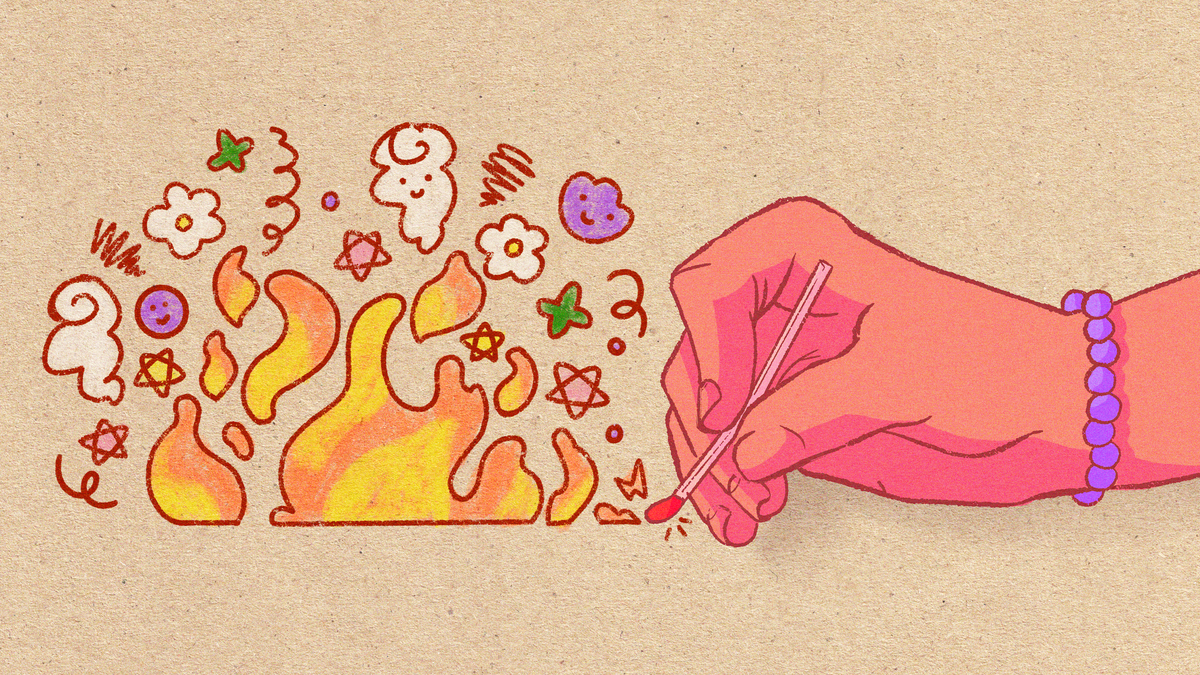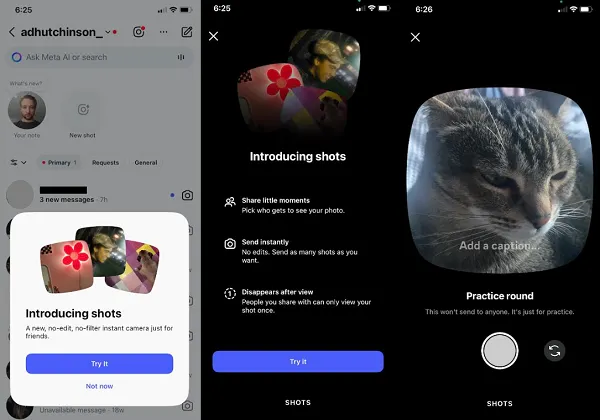How Boat Noodle & BananaBro’s founder went from working a trucking biz to owning F&B chains
Boat Noodle and BananaBro's founder, Tony Lim, speaks about his entrepreneurship journey, franchising, exit plans, and more.

Founded in 2014, Boat Noodle has become a recognisable F&B brand in Malaysia known for its Thai noodles served in small bowls.
The man behind it all, Tony Lim, wasn’t always an F&B entrepreneur, though. Rather, he grew up primed to take over his family’s trucking business, EH Utara Holdings.
However, his entrepreneurial streak has led him to his growing food empire that now encompasses another budding chain, BananaBro.
With two popular F&B chains now under his belt, we spoke to Tony to learn about how his entrepreneurial journey has been thus far and find out where he’s headed next.
The making of an entrepreneur
“Since I started to understand mum and dad’s conversations over the dinner table, it was always about cash flow, who hasn’t been paying, what business was good,” Tony gave an example. “I guess that kind of moulded me into who I am.”
As such, taking over the trucking business was a natural progression. While studying, Tony would always hear comments from his mother, telling him to come back and help out with their business so they could retire.
 Image Credit: Boat Noodle
Image Credit: Boat NoodleYet, Tony’s entry into the family business wasn’t exactly immediate. Having pursued automotive engineering in school due to his interest in cars, he entered the job market in 2001.
The job search was not easy. Tony recalled having three rounds of interviews with Proton but was rejected in the end. Not backing down, he decided to set up his own car garage.
Eventually, though, he yielded and joined his family trucking business in early 2005.
Time flew by, and before he knew it, nearly a decade in the logistics business had passed, and his track record was now filled with many failures and successes alike.
Although proud of this work, Tony decided he wanted to try something different. After his wife gave birth to twin girls, he felt particularly compelled to start something that could be their own.
“Grass is always greener on the other side, perhaps?” he said when asked why he didn’t just stick with his family’s business.
By “other side”, he doesn’t just mean in another industry such as F&B though. Rather, Tony was keener on going into a retail, cash-based business as it seemed to be less headache-inducing compared to all the credit involved in the trucking business.
This desire was amplified as he had gotten a taste of such a business when his youngest sister came to him for advice in 2012, which resulted in them setting up a master franchisee of Chatime in Cambodia.
Into the world of F&B
Fresh out of university at the time, Tony’s youngest sister wasn’t interested in joining the family business, preferring to pursue her own passion.
“As the taiko (big brother) back home, naturally advice was asked, and my words to her were ‘yeah, your brownie is good, but it’s not easy to stand out and not unique enough for you to compete in KL’,” Tony revealed.
“I then asked her what else you think young people like, and she told me bubble tea, which I had never even thought to buy.”
That same evening, Tony tried his first bubble tea. The gears in his head turned, and he told his sister about the family business’s branch in Phnom Penh, Cambodia, where he felt was a suitable place to open a Chatime outlet.
 Image Credit: Boat Noodle
Image Credit: Boat Noodle“She didn’t think much about it, and said ‘let’s do it’,” Tony concluded. “And that’s how the Chatime master franchise in Cambodia happened.”
After advising his sister, he ended up setting up his own F&B brand—Boat Noodles.
The beginning of an F&B empire
Some might start a business solely based on passion, like what Tony’s younger sister had initially tried to do. For such businesses, expansion isn’t always at the top of mind from the get-go.
However, for the ever-entrepreneurial Tony, he had always intended Boat Noodles to grow into the chain that it is today.
“See, we see how big KFC and Starbucks are in terms of their sales and revenue,” Tony pointed out. “And I have always believed that there are still many opportunities to create something in the Malaysian market, at least something sizable enough in revenue, if not as big as those brands.”
For a brand to do so, he mentioned there are a few criteria. First, the brand will need to be able to cater to every Malaysian. Other than that, it should be relevant enough to society and be able to expand.
To Tony and his wife, who is from Bangkok, something that fulfilled all these checkboxes was casual street food that incorporates Thai culture. Before it became a brand in Malaysia, boat noodles have been a cultural staple in Thailand, originally served from boats that traversed Bangkok’s canals.
 Image Credit: Boat Noodle
Image Credit: Boat Noodle“I had experienced boat noodles in Thailand for a long time, and it has always been something that I enjoy a lot,” he said. “However, 99.9% of boat noodles in Thailand are non-halal and a lot of animal blood is involved in making the soup.”
While this might seem like a barrier for some, Tony saw it as a great opportunity to create a halal version and introduce it to Malaysia.
And so, Boat Noodle began its journey. It started with a cook-to-order model, which means that each dish is made fresh upon ordering. After years of expansion and quality control, though, the team realised it was not going to be as simple as, say, expanding a coffee chain or bubble tea kiosk.
Yet, the team persisted. The expansion was slow, but at least it wasn’t stagnant. Now, Boat Noodle is present in Singapore, the Philippines, and Brunei under master franchisees.
On investability and franchising
In 2016, Boat Noodle was partially acquired by Toridoll Holdings Japan. Tony believes that this was made possible thanks to Boat Noodle’s genuine concept that interweaves history and culture.
“And of course, also the financial performance of the business,” Tony said.
One other thing that the investors may have been eyeing was Boat Noodle’s potential to expand, especially if it were to franchise.
And that it did. According to Tony, Boat Noodle had only started to franchise locally when the pandemic hit, so the plans were pushed back. In fact, the franchising efforts are only starting to rev up again now.
“We received countless franchise enquires since the day we began the business but deep down I know, if it’s for quick money, we will end up dealing with franchisees instead of really developing the brand and business,” he explained.
 Image Credit: Boat Noodle
Image Credit: Boat NoodleBut Tony believes that Boat Noodle is ready now, having established itself as a recognisable player in Malaysia’s F&B scene.
Tony’s advice for other entrepreneurs looking to create a franchised F&B model is to focus on business model operations, SOPs, and clear profitability.
As franchisees may come from all sorts of backgrounds, the business model must be simple enough for anyone to pick up.
Diversifying his portfolio
Another chain of Tony’s that has been popping up lately is BananaBro.
The brand was launched because Tony felt like outside of the Klang Valley, banana leaf is still rather untouched, especially for Muslim consumers.
He also asked Chinese consumers in Kedah about banana leaf platters, and found out that most knew about it but have never tried it.
“Something like this is what I see as a gap within our society,” he said. “BananaBro was created to make banana leaf dining easier to approach by all Malaysians throughout Malaysia.”
As such, BananaBro is on what Tony calls a healthy growth path of 20 outlets by the end of 2022. The banana leaf chain’s business model is simpler compared to Boat Noodle, as it involves bulk cooking.
 Image Credit: BananaBro
Image Credit: BananaBroWith BananaBro now added to Tony’s plate alongside his family’s trucking business and Boat Noodle, it must be a challenge for the entrepreneur.
“If I tell you I can manage them all, I’ll be the biggest liar,” he confessed.
Nowadays, Tony might not be working on the day-to-day operations, rather, he’s on the steering committee of all the businesses he’s in. This means he still takes charge when it comes to leading the general direction of the business.
As such, the one thing that he finds critical is human resources.
“People who share and believe in your vision, who are willing to spend their work portion of time with you, are the most crucial,” Tony shared. “I wouldn’t be where I am without many, many strong guys around me, which I share the business with accordingly.”
This aligns with his end goal, which he said will always be a good exit together with all the people who have worked hard for the business.
This may come in the form of IPOs, M&As, or whatever it may be, so long as it gives everyone a bigger opportunity in the future.
That’s all in the future, but what about the past? When asked to give a piece of advice to his younger self, Tony was at a loss for words. It was a tough question, he said, but ultimately, he decided that he can’t come up with anything.
“Because if I were to imagine any chances for my younger self, I won’t be where I am today.”
Learn more about Boat Noodle here. Read other articles we’ve written about Malaysian startups here.Featured Image Credit: Boat Noodle

 Troov
Troov 































